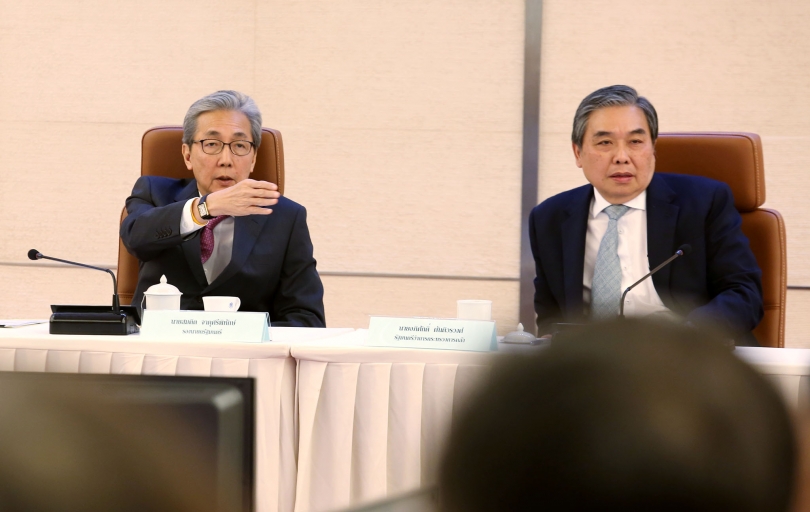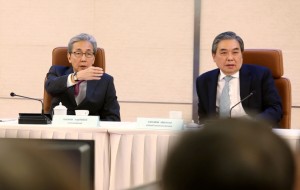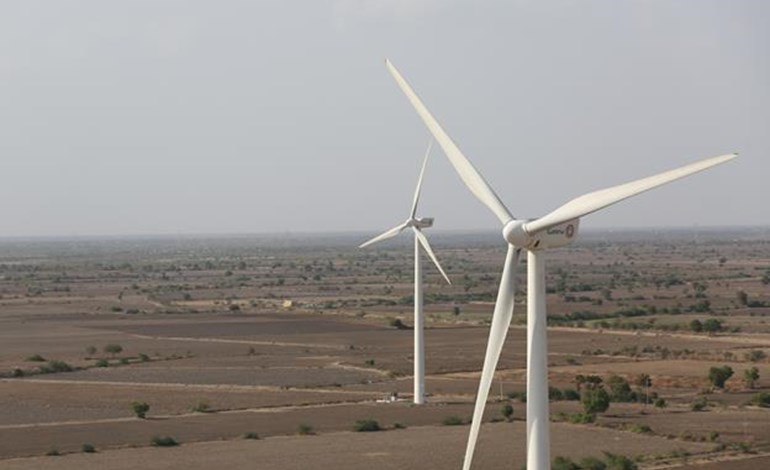THE CONTROVERSIAL Thai-Chinese medium-speed railway project requiring an estimated investment of over Bt500 billion is facing increased uncertainties after the Thai government insisted that China should take more financial responsibility for the 800km-plus rail route from Bangkok to Nong Khai province in the Northeast.
Meanwhile, the Jakarta Post reported that Indonesia’s first high-speed railway connecting Jakarta and Bandung in West Java might see further delays as the Chinese-led consortium has refused to meet some of the government’s requirements contained in the concession agreement.
In Bangkok, Deputy PM Somkid Jatusripitak said yesterday that the project, which was initiated by China during the Abhisit Vejjajiva-led government, is still in place though both countries need to conclude negotiations on the setting up of a government-owned joint venture before proceeding to other aspects of the multi-billion-baht scheme.
The railway system, with trains running at an average speed of between 160 and 180km per hour will connect Bangkok with Map Ta Phut, Nakhon Ratchasima and Nong Khai on the border with Laos where another train track of over 600km will lead to the southern Chinese city of Kunming. This will be part of China’s revival of the ancient Silk Road connecting Southeast Asia, China and central Asia with Europe.
Somkid, who leads the government’s economic team, said Thailand was also asking China to be responsible for civil construction and related work for the 800km-plus railway track instead of just providing trains, rolling stock and related equipment, as the scheme is mutually beneficial so profits should not be the only factor for consideration.
“But there is no conclusion yet, and we have to continue to negotiate with China. We will do so until there is a deal. At present, it’s only a matter of principle [for both sides to pursue the project],” he said.
Samart Rajapolasit, a former deputy governor of Bangkok responsible for mass-transit projects, said in a Facebook post that the Thai side will have to shoulder responsibility for as much as 88 per cent of the total investment if civil construction and related works are not included as part of the deal with China.
According to Samart, trains, rolling stock and related equipment would only account for about 20 per cent of the total investment.
In response to Thailand’s request for a bigger investment in the project, China has suggested that the project be modified to reduce the cost by turning the Nakhon Ratchasima-Nong Khai route to a single track instead of a double one.
In addition, China has sought the right to develop areas along the route for commercial benefits in exchange for boosting its equity to 70 per cent of the total.
Over the past few years, there have been nine rounds of negotiation between Chinese and Thai negotiators, including those during Abhisit and Yingluck Shinawatra governments. The 10th round of talks was due later this month in China.
In a related development, Thai and Japanese officials launched a 12-foot container train service at Nong Pla Duk Junction in Ratchaburi province on an experimental basis as part of a service from Bangkok’s Bang Sue Station to Kanchanaburi and Aranyaprathet.
The pilot service is part of the memorandum of cooperation (MOC) signed in Tokyo on November 26, 2015 between Thailand and Japan.
The Nong Pla Duk Junction will not just be linked from Bangkok to Laem Chabang deep seaport, but also to the Dawei deep seaport in Myanmar.
Meanwhile, the Jakarta Post reported that though the consortium led by the China Railway Corporation agreed that the government would only provide a political guarantee instead of a financial guarantee as earlier demanded, it has asked Indonesia for exclusive rights to use the route.
PT Kereta Cepat Indonesia China (KCIC) president director Hanggoro Budi Wiryawan said on Thursday that if another high-speed railway can be built near or along the Jakarta-Bandung route, it would hurt the financial viability of the consortium.
“The demand for exclusivity is fair,” he said, adding that with an investment of up to US$5.5 billion, the consortium did not just need legal certainty but also business certainty. He insisted that such exclusive rights should be part of the political guarantee promised by the government and it should be clearly stated as part of the concession agreement.
Source: http://www.nationmultimedia.com/business/Thai-Chinese-railway-plan-facing-more-financial-wo-30278658.html


